Description
Datura: Risks, Experience & Trip Reports
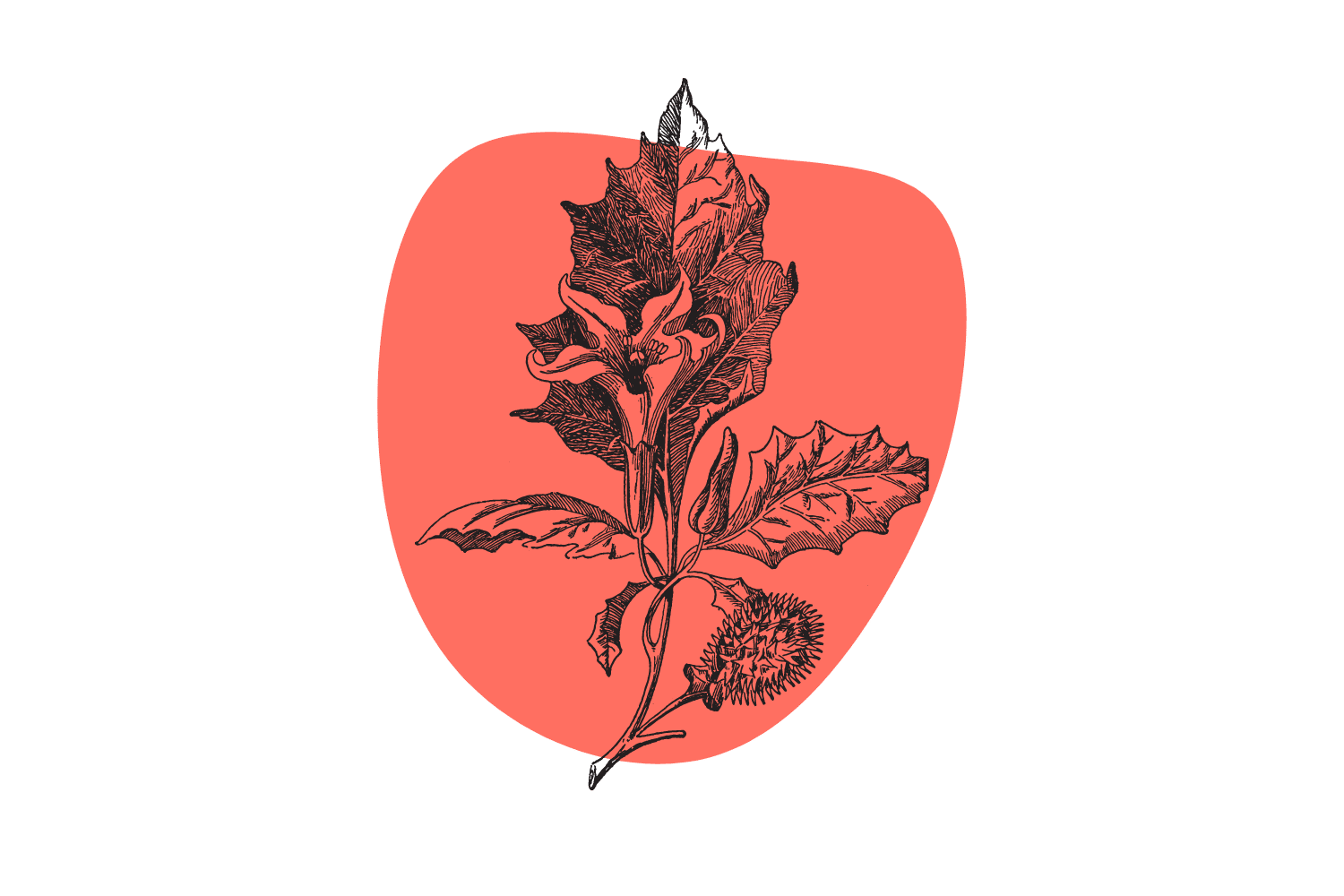
Before we get into what datura is and how it works, it’s important to mention straight away that datura is not a safe plant.
There are many cases of people becoming permanently injured both mentally and physically from the effects of this plant.
Datura is no joke.
With that out of the way, let’s explore the datura plant in more detail.
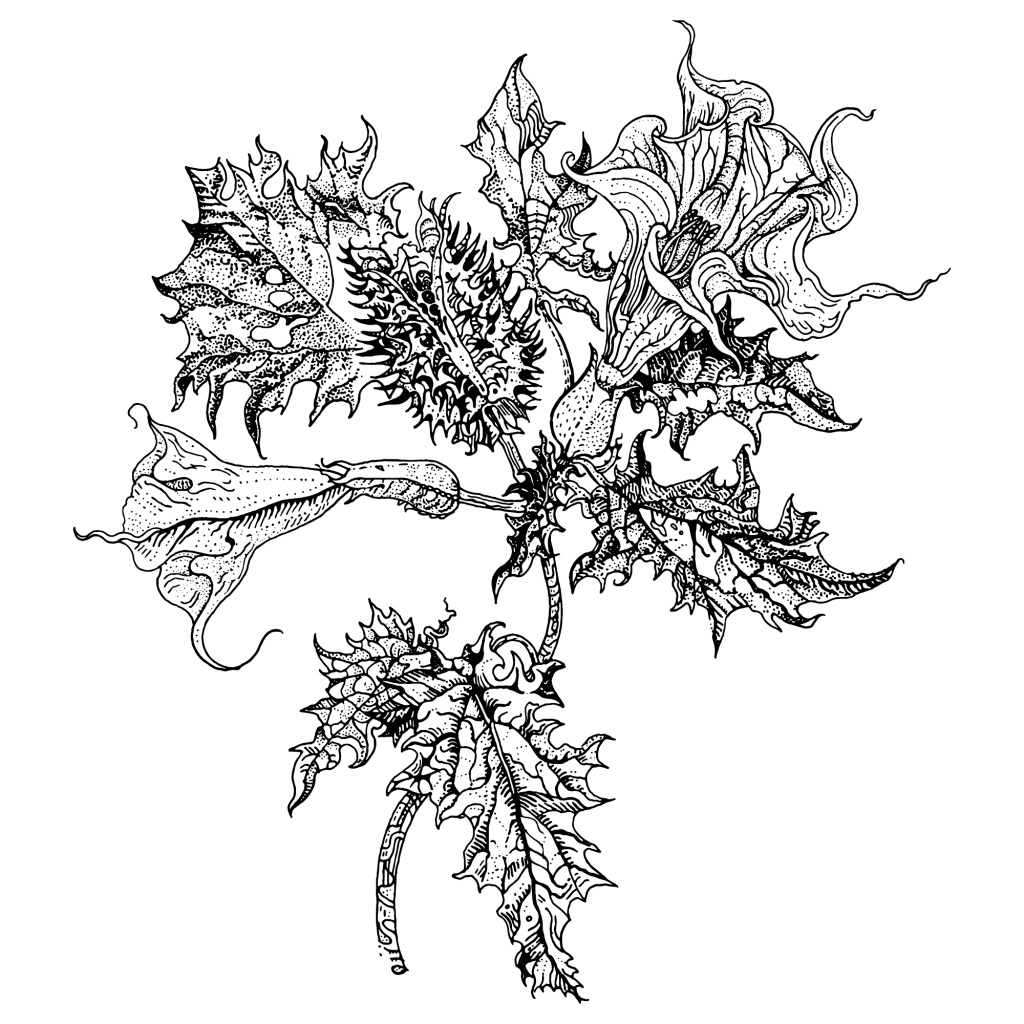
What is Datura?
Datura is a plant in the nightshade family (Solanaceae). There are nine separate species in the Datura genus, but the most common is Datura stramonium.
Is Datura Psychedelic?
Yes, extremely — it’s quite possibly one of the most psychoactive species on earth. But the only people who actually use this plant for its psychoactive effects are those that don’t know anything about it.
People who have tried it rarely do it a second time.
The best summary for the datura experience is this:
“Datura is a 72-hour psychedelic nightmare from which you may never recover.”
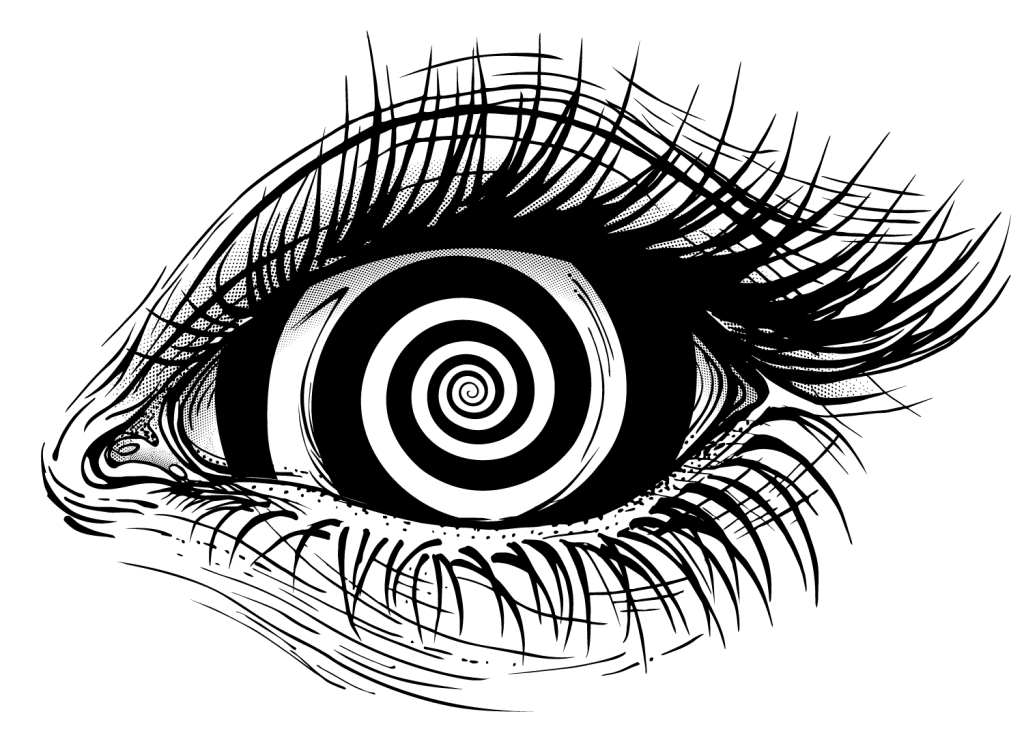
This plant is considered a deliriant — which means it induces a state of delirium. It alters your perception of reality — making you see things that aren’t really there. These hallucinations are completely indistinguishable from reality. Some of what you see is real, some of it is not — and there’s no way of knowing which is which.
The active ingredients are a group of compounds that act as anticholinergics (more on what this means later). These chemicals are strong enough to cause permanent damage if taken in high enough doses.
While there are always some exceptions, the majority of people who submit their experience with datura have a strong negative sentiment. The hallucinations it produces are dark, violent, and completely detached from reality.
Despite how horrifying this plant actually is, it’s completely legal in most parts of the world and is a fairly common garden variety — well-loved for its attractive flowers. There hasn’t been much pushback against the use of datura because it’s not a substance people tend to recommend or ever take for a second time.
Datura Specs & Technical Details:
| Active Ingredients | Tropane alkaloids (Scopolamine, hyoscyamine, & atropine) |
| Level of Risk | Very high |
| Street Names | Jimsonweed, devil’s flower, hells bells, moonflower, thorn apple |
| Most Common Side-Effects | Psychosis, dehydration, & blurry vision, inability to urinate |
| Duration of Effects | 12–72 hours |
| Legality | Legal throughout most of the world |
What Does Datura Feel Like?
Datura’s effects can be broken into two categories — its effects on the body and its effects on the mind. Neither are very desirable, and both can result in long-term trauma and damage.
Datura can damage the mind (causes psychosis) and the body due to dehydration, heat exhaustion, organ failure, or accidental injury.
The first effects you feel are physical. Your mouth and throat feel dry, and you feel hot. Pupils dilate so much it becomes difficult to focus on anything. Vision becomes blurry or hazy.
Shortly after this, the psychological effects start to kick in. Strange and chaotic visions appear and don’t go away for several hours or days.
Even when the experience is over, people often feel persistent “weirdness” or lapses in memory.
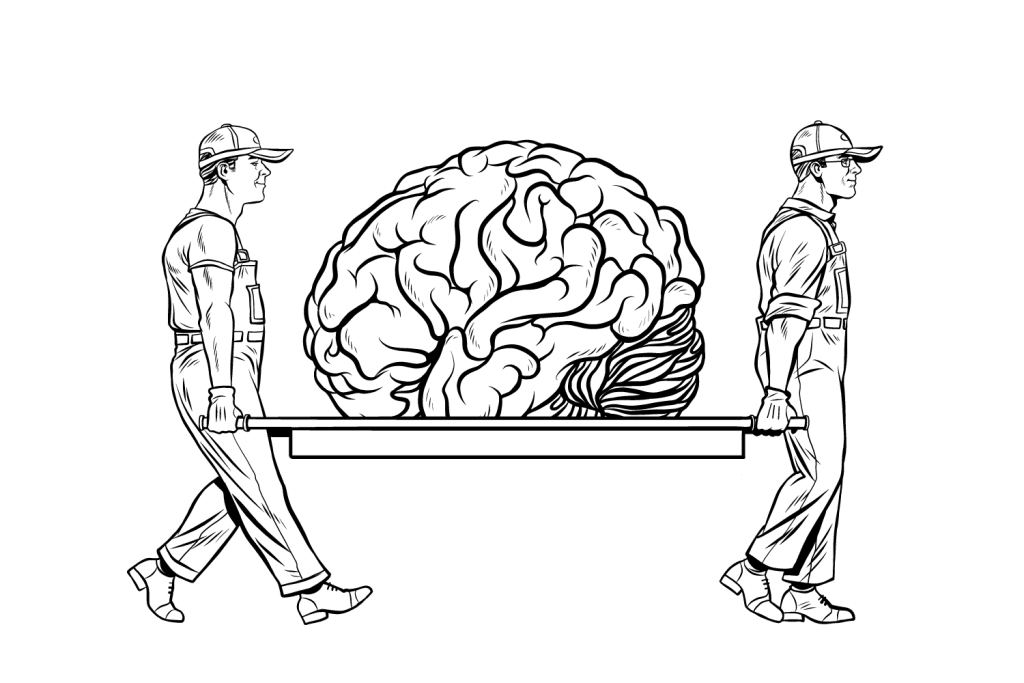
The Physical Effects of Datura
The physical effects of datura are predictable and follow the same path as all other anticholinergics (such as belladonna or mandrake root).
There’s even a little rhyme that describes the effects:
Blind as a bat (blurry vision)
Dry as a bone (dehydrated)
Full as a flask (can’t urinate)
Hot as hell (feverish)
Red as a beet (flushing)
Mad as a hatter (delirium)
Tacky as a leisure suit (tachycardic)
All of these effects are the direct result of the anticholinergic action of compounds in datura, including atropine, scopolamine, and hyoscine. By blocking acetylcholine, datura effectively inhibits the parasympathetic nervous system (PNS) — which is responsible for the function of rest and digest.
The PNS is responsible for digestion, immune function, temperature regulation, pupil constriction, relaxation, bladder control, and more. Blocking this system causes side effects that are the result of a total lack of PNS activity.
The key physical side effects include:
- Dehydration
- Hyperthermia
- Sedation & fatigue
- Intense hallucinations
- Inability to urinate
- Flushing
- Heart arrhythmias
- Dilated pupils
- Blurry vision
- Muscle stiffness
Datura is poisonous and can be lethal. The psychoactive dose isn’t far-off from the lethal dose. It’s not uncommon for people to overdose and die from datura.
The Psychological Effects of Datura
Datura is very reliable for inducing hallucinations. These hallucinations are different from that of LSD, magic mushrooms, DMT, or even salvia. These substances change the way we perceive visual and auditory sensory information.
Datura seems to invent entirely new information, which is seamlessly combined with reality.
More technically, datura is considered a deliriant — which means the type of hallucinations they produce fall into the category of delirium.
Delirium is defined as a reduced awareness and ability to interpret the environment.
Hallucinations are so strong and so realistic — it’s impossible for those affected to be able to tell the difference between what they’re imagining and what’s happening in real life.
The most unfortunate part about this is that with datura, these alternate realities are almost always nightmarish and disturbing.
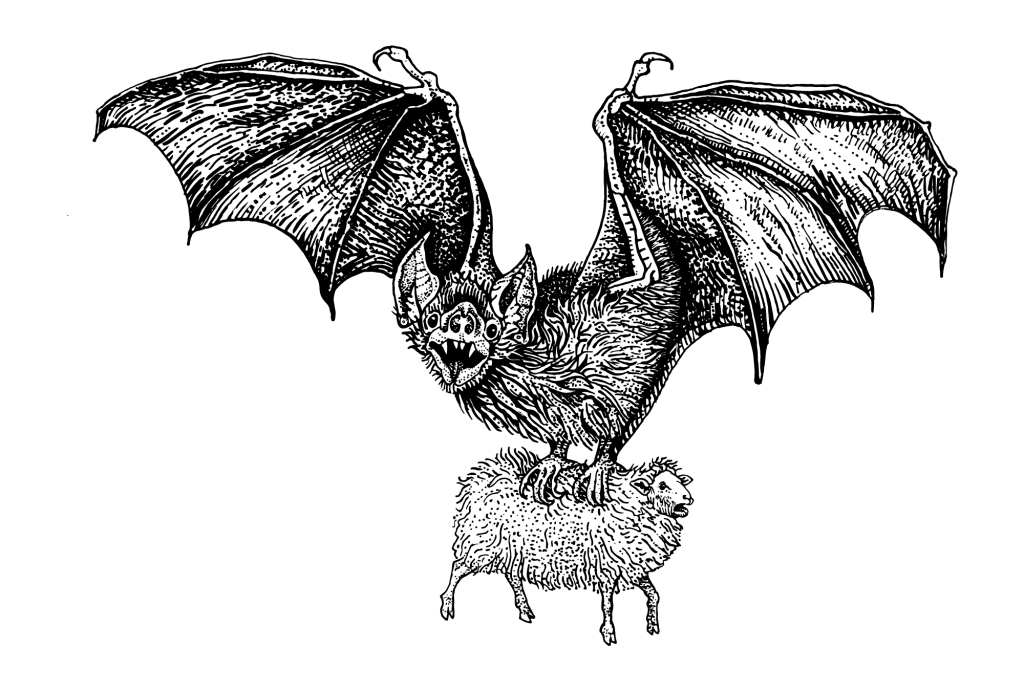
For some context, here are some simplified examples of the types of hallucinations people have reported in the /r/datura forum on Reddit:
- /u/remarkable-tea3717 — I was in bed when I woke up in another dimension; I saw thousands upon thousands of dead bodies stacked up on one and another going through into the sky. Screaming lots of screaming bloody screams, and blood was stained onto the walls of brownness. And that’s really all I recall until I woke up with a horrible headache and the doctors telling me I’ll be okay.
- /u/someones-alt123 — I remember watching tv. I don’t remember the show, but there are bugs all over the walls. The man in the corner won’t stop staring at me. I’m hearing whispers from the kitchen. I try to sleep. I can’t relax over the breathing coming from the foot of my bed. I can feel its breath. Itching. Lots of itching. Can’t sleep. I’m dying. I’ve died multiple times already and I’m going to die again. I hope this is the last time. I walk outside. It’s daytime. There’s a girl talking to me. She looks dead. She tells me I’m next. I snap out of it. Back in my room. She’s standing in front of me. Huge bugs everywhere. None of this seems to bother me anymore. I have multiple more strange occurrences like this but I don’t remember them.
- /u/adamole123 — I find the memory effects that happens when you are on this plant seem to misplace me in the reality that everyone else is living and getting along in. It is not a nice feeling. I feel totally separate from people and the memory flashbacks are overwhelming, not letting me get on with present-day life. It’s crazy. If you want advice beware of how many times you actually use [datura] and remember that the unwanted side effects are always there. Like memory time travel.
- Terence McKenna Datura Trip Report
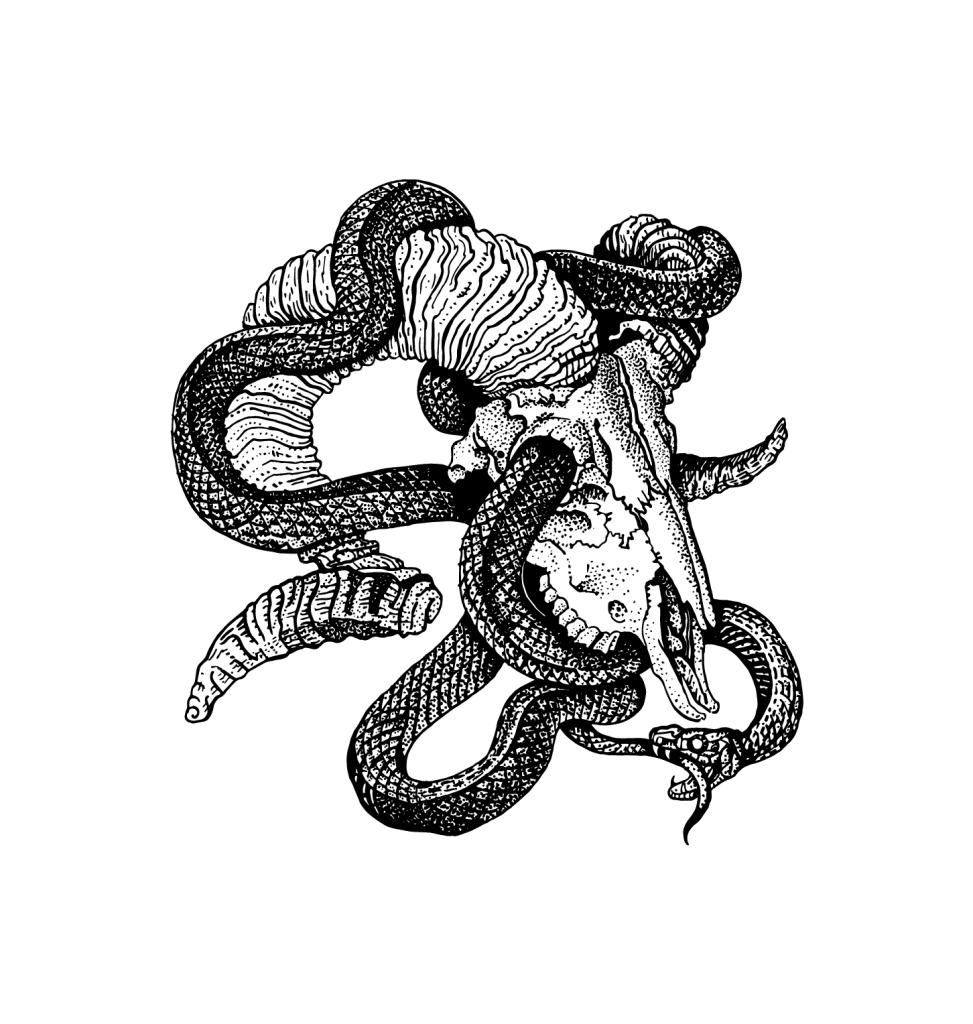
The effects of datura aren’t always disturbing. Some people report milder experiences like seeing and talking to people they knew that weren’t there flying cars or other strange, but not necessarily sinister, hallucinations. Some people don’t know they’re hallucinating until after the experience when they realize some of the events that took place were completely imagined.
With that said, the prevalence of a dark and disturbing experience is far more common than mild experiences.
Some common experiences reported with datura:
- Smoking phantom cigarettes or eating phantom food
- Seeing people or entities they know
- Blood oozing out of cracks or creases
- Insects or parasites
- Feeling like your brain or other organs are going to fall out of your body
Sometimes, when people come back from a datura trip, they remain unsure about what’s real and what isn’t. They question existence and often suffer damages from what’s known as “ontological shock.” These effects can lead to clinical depression, anxiety, or post-traumatic stress disorder (PTSD).
The video below was reported to be “found footage” about someone who took an unknown substance and has had lasting effects. From the way this user describes how he’s feeling, it’s likely the substance he took was either mandrake or datura.
The origin of this video is unknown, and it isn’t clear what the outcome was for this individual.
It’s not uncommon for people who have used datura to exhibit lasting hallucinations. This can happen with other psychedelics as well through a condition known as hallucinogen persisting perception disorder (HPPD) — which can last anywhere from a few weeks to several years.
Traditional Uses of Datura
Datura is a common weed throughout the Americas, Europe, and Asia. As such, there’s a fair bit of traditional use for datura.
A recent research article explored the historical use of datura, which found the most common traditional applications were for treating pain (topical application) and asthma (very small doses).
In Europe, the herb was used for religious and visionary purposes, as well as in witchcraft.
Culpepper, the famous European herbalist, wrote this about datura:
“The juice pressed out of the fresh plant, and inspissated to an extract, has been taken in doses from half a grain to a dram, in twenty-four hours, in epileptic disorders, convulsions, and madness. An ointment made of the leaves is cooling and repelling.”
In India, it’s believed the deity Shiva would frequently smoke cannabis and datura. Datura is still routinely placed at the base of Shiva statues and in temples as an offering.
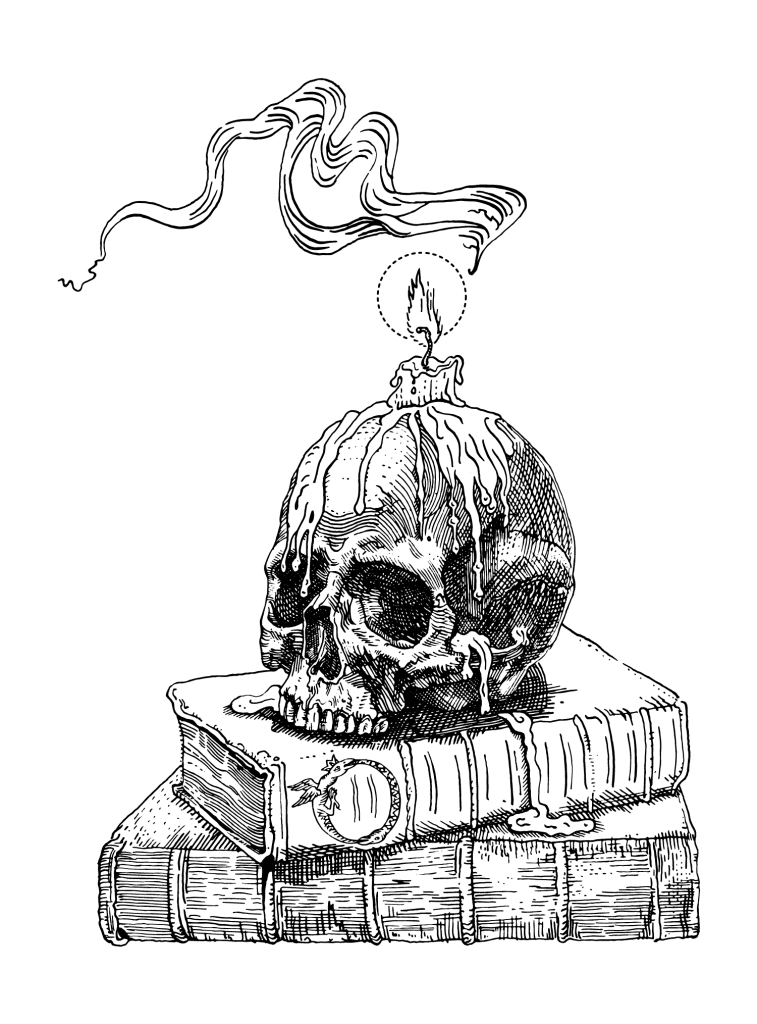
How Long Does Datura Last?
Datura is very long-lasting. Most users report the experience lasts around 12 to 24 hours — but it’s been known to last for up to three days in some cases as well.
People who overdose on datura can experience lasting hallucinations for up to 9 months.
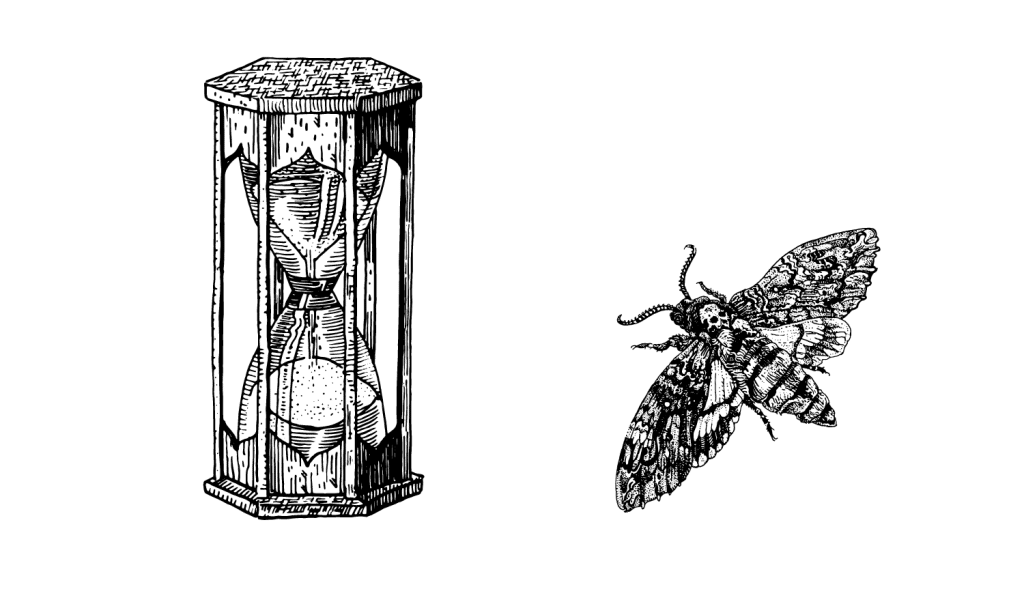
Is Datura Legal?
Datura is entirely legal in most parts of the world, including Canada, The United States, and most of Europe — with the exception of the United Kingdom.
Datura is also banned as a Schedule I poison in Australia.
Related: List of all legal psychedelics.
How Datura Works
The active ingredients in datura are a group of compounds called tropane alkaloids. The main three are scopolamine, atropine, and hyoscine — all three of which are collectively responsible for the psychoactive effects of the plant.
Tropane alkaloids bind and block the muscarinic receptors M1 and M2. This effect inhibits a neurotransmitter called acetylcholine, which causes the characteristic effects — including delirium, sedation, muscle weakness, pain, malaise, and hallucinations.
How blocking acetylcholine causes all of these effects are not well understood — but other compounds that block acetylcholine have been known to do the same. Sarin gas, organophosphates, and other herbs like the borrachero tree all cause similar physical and psychological side effects.
Datura & Ayahuasca
Sometimes, datura is added to ayahuasca — where it’s known as toé.
This isn’t a new practice; it’s something that’s been done in certain Amazonian tribes for centuries to add to the visionary experience.
However, because of the potential risk from datura, it’s recommended you avoid participating in ceremonies that use toé in the brew.
Unfortunately, it can be hard to know what went into the ayahuasca you’re using, and there are a lot of unethical shamans or pseudo-shamans trying to cash in on the drug tourism surrounding ayahuasca use in the rainforest. Some people are mixing brews that contain mostly datura or other hallucinogenic plants — rather than the two herbs traditionally used to make ayahuasca.
The popularity of ayahuasca these days can make it difficult and more expensive to get ahold of the raw ingredients to make the preparation — so to save money and guarantee a “profound experience” datura is sometimes used instead.
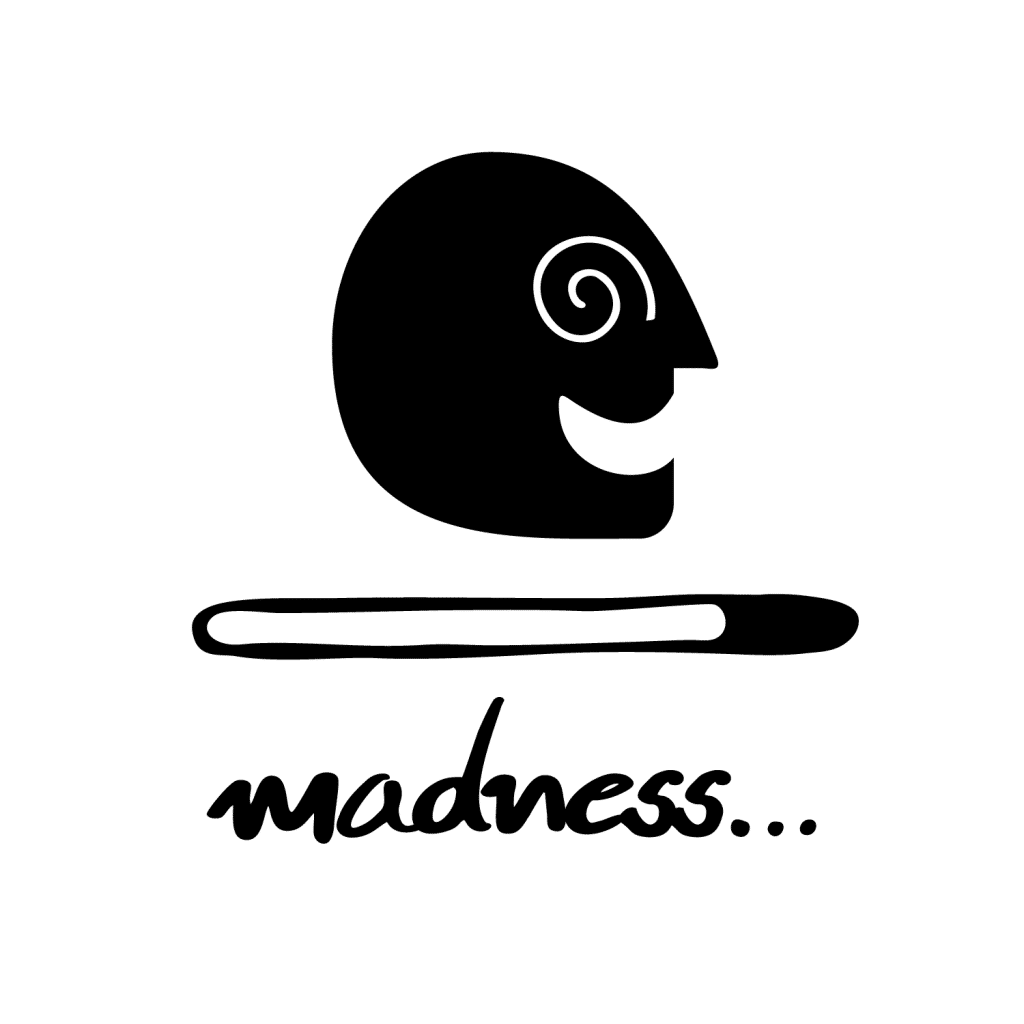
Datura FAQs
1. Can You Smoke Datura?
Yes, datura can be smoked and has been for hundreds, if not thousands of years.
Most cultures smoked the leaves of the plant — which produce much more subtle effects and appears to be far less dangerous than the seeds (needs more research).
Smoking the seeds can be very dangerous as the difference between an active psychoactive dose and a lethal dose are relatively close together.
2. What Are the Effects of Microdosing Datura?
A microdose, by definition, is a dose that’s too low to notice the direct influence of a substance. This means if you’ve done it correctly, you shouldn’t feel much of anything.
However, just because there are no psychoactive effects, doesn’t mean microdosing doesn’t do anything.
Microdosing datura often leads to what we might call “strange occurrences.” This might involve phenomena like deja vu, altered perception of time, or unusual coincidences.
The physical effects that may occur from the anticholinergic action may include increased thirst, increased urination, feeling hotter than usual, some blurriness on the periphery of your vision, feelings of malaise, or anxiousness.
Microdosing can also cause extremely vivid dreams, lasting several nights after taking it. These dreams are often uncomfortable and undesirable.
Most people who have tried microdosing datura for dreams don’t recommend it. Check out our list of dream herbs to try instead.
Final Thoughts: What is Datura?
Datura is a powerful psychedelic plant. Just a few seeds are enough to give users the strongest hallucinogenic experience of their life.
But before you psychonauts seek out this plant, you need to be well aware of the risks.
First of all, datura is very poisonous. Many people have died from the physical side effects of this plant, and it doesn’t take much to go from a psychedelic dose to a lethal dose.
Secondly, datura can be extremely damaging from a psychological perspective. There’s always a chance the datura experience can be enjoyable or enlightening (as noted in some trip reports online) — but chances are very slim. More likely, datura is going to take you through a complete psychedelic hell, often lasting two or three days. When it finally spits you out the other side, you’re left questioning what’s real and what isn’t and may even experience lasting “glitches” in the framework of reality.
Datura is no joke. There’s no evidence it provides any medicinal value (aside from being a topical analgesic) and is in a completely separate class from most of the other psychedelics we’ve covered. Instead of treating anxiety, depression, or PTSD, datura causes it.
The hallucinations experienced on this herb are so realistic, most people don’t actually know they’re hallucinating until after the experience.



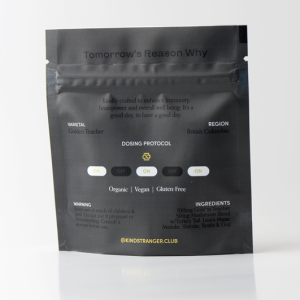

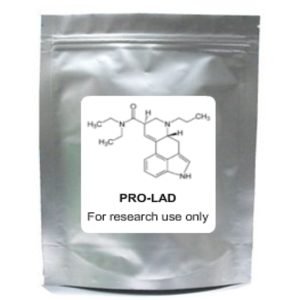

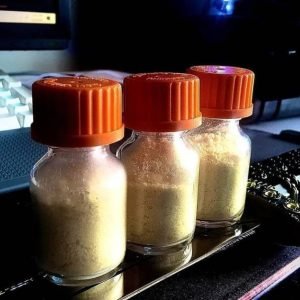


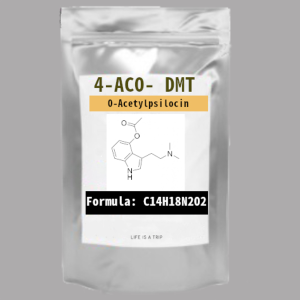

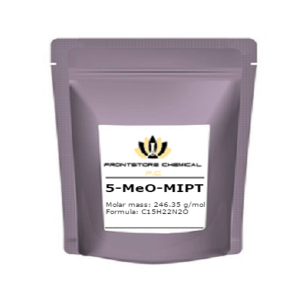



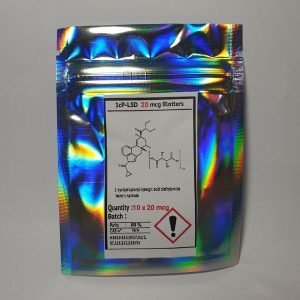


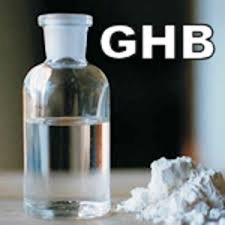
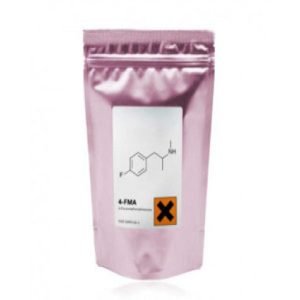
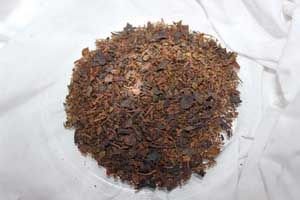
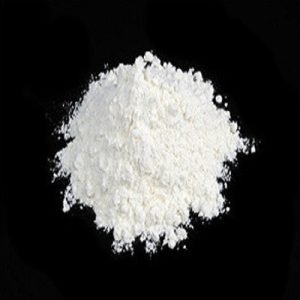







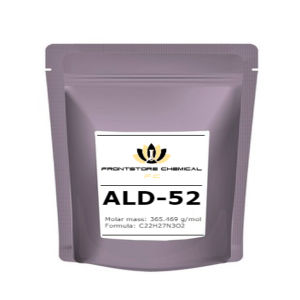

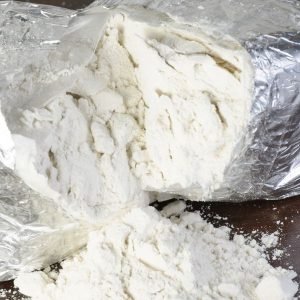
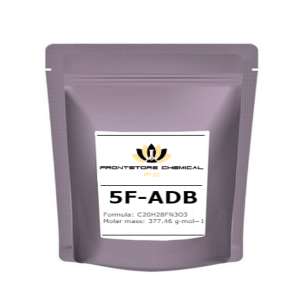



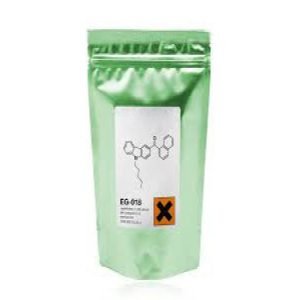


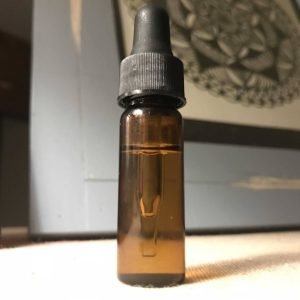



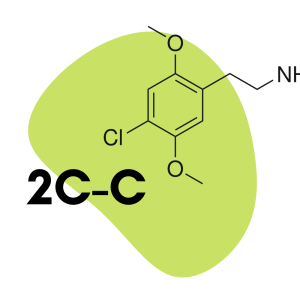

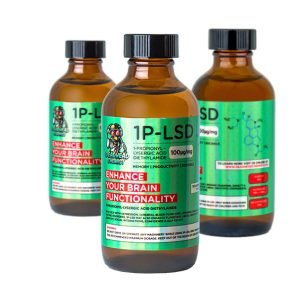



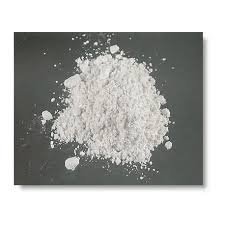



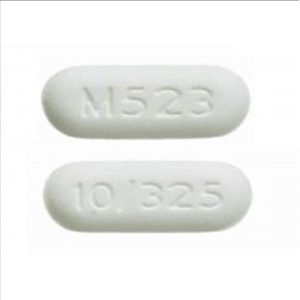
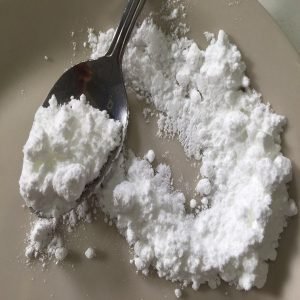

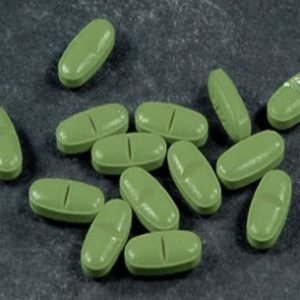


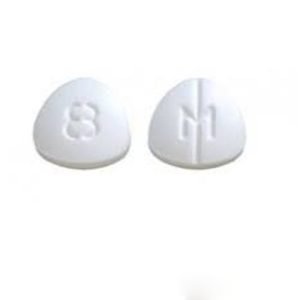




Reviews
There are no reviews yet.